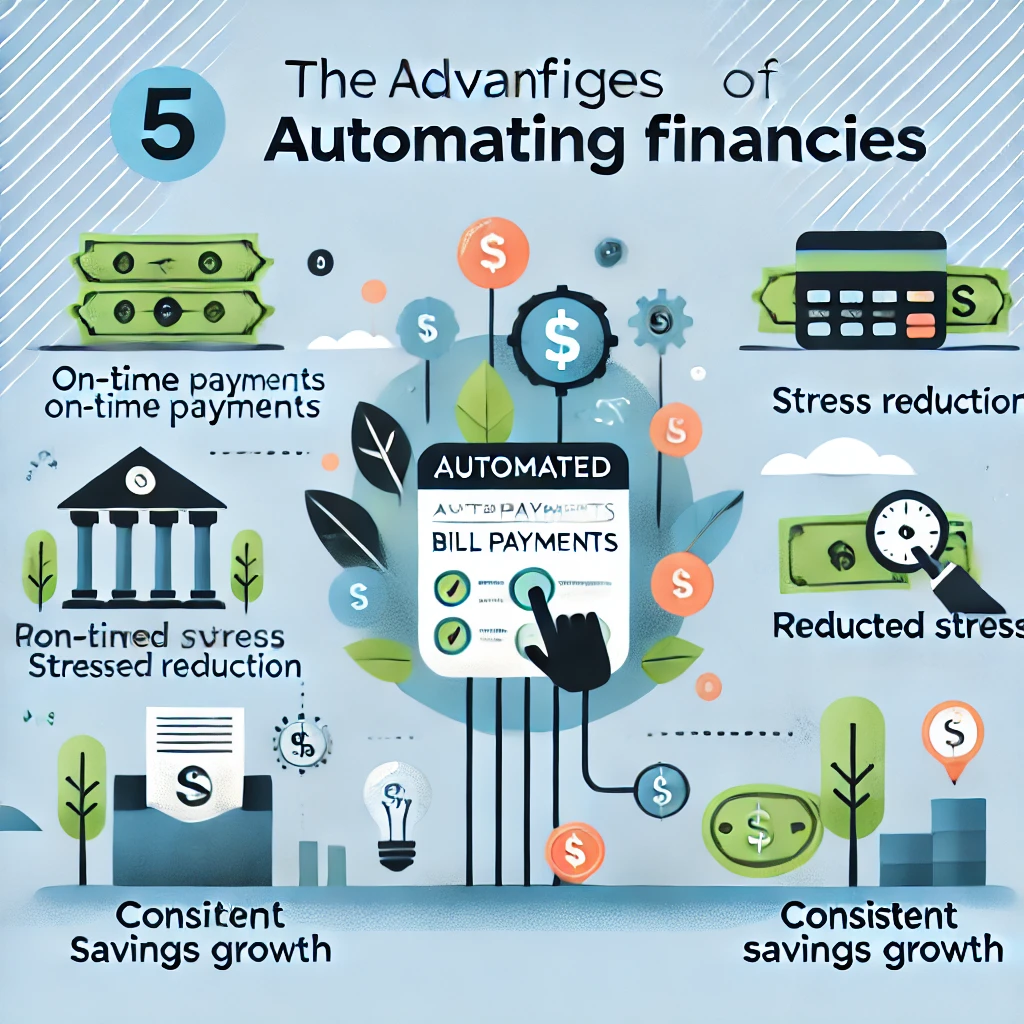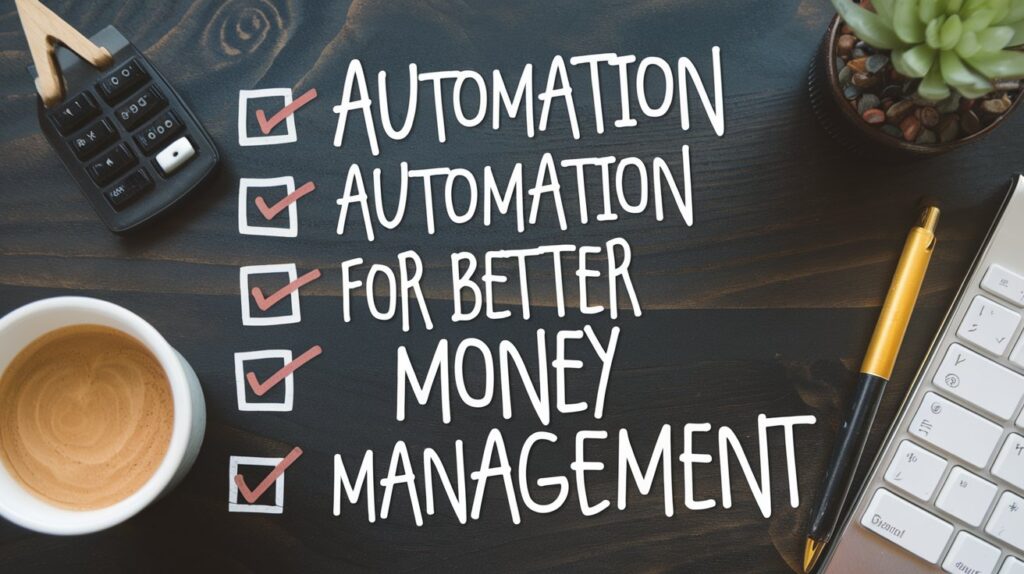Why automating your finances could be the best decision of your life? Imagine having a financial system that works for you 24/7—paying your bills on time, building your savings effortlessly, and keeping your budget in check without constant manual effort. In today’s fast-paced world, managing finances manually can lead to missed payments, unnecessary stress, and lost opportunities for growth. Automating your finances not only helps you stay organized but also ensures that you are consistently working toward your long-term financial goals. In this blog post, we will explore how automating your finances can provide financial security, save you valuable time, and help you achieve financial freedom with minimal effort. Whether you’re new to money management or looking to optimize your current financial system, this guide will help you take control of your financial future with confidence.
Table of Contents
The Benefits of Automating Your Finances
Saves Time and Reduces Stress
Handling your finances manually can take hours every month. Automating payments, savings, and budgeting eliminates the hassle and ensures everything runs smoothly without constant oversight.
Ensures On-Time Payments
Missed payments can lead to late fees and credit score damage. Automated bill payments guarantee that you never miss a due date, helping you maintain a healthy financial reputation.

Builds Better Saving Habits
By automating transfers to your savings and investment accounts, you prioritize your financial goals effortlessly, making it easier to achieve long-term stability.
Helps Avoid Overspending
Automated budgeting tools allocate money for essential expenses and savings first, preventing impulsive purchases and ensuring financial discipline.
How to Get Started with Automating Your Finances
Step 1: Assess Your Financial Goals
Determine what you want to achieve through automation, whether it’s debt repayment, saving for a house, or investing for retirement.
Step 2: Choose the Right Financial Tools
Look for apps and platforms that align with your goals, such as budgeting apps like Mint, savings apps like Digit, and investment platforms like Betterment.
Step 3: Set Up Automated Bill Payments
Link your utility bills, credit card payments, and loan installments to your bank account for seamless transactions.
Step 4: Automate Savings Contributions
Set up recurring transfers to your savings and retirement accounts to ensure consistent growth without effort.
Step 5: Monitor and Adjust Regularly
While automation handles routine tasks, it’s essential to review your finances periodically to make necessary adjustments.
Best Financial Automation Tools to Consider
- Mint – Tracks expenses and categorizes spending.
- YNAB (You Need a Budget) – Helps you plan spending proactively.
- Digit – Automatically transfers small amounts to savings.
- Betterment – Automates investment strategies.
- Acorns – Rounds up spare change for investment.

Potential Drawbacks of Financial Automation
Loss of Financial Awareness
Relying entirely on automation might make you less aware of your spending patterns, which can lead to unintended expenses.
Overlooking Errors
Errors in automation, such as duplicate transactions or forgotten subscriptions, can go unnoticed if not regularly reviewed.
Security Concerns
Storing financial data online comes with potential risks; using reputable services with strong security measures is crucial.
Practical Tips to Maximize Financial Automation
- Start small and gradually automate more aspects as you get comfortable.
- Keep track of automated transactions using a budgeting app.
- Regularly audit your subscriptions and expenses to eliminate waste.
- Set clear financial goals and align automation accordingly.

When Should You Avoid Financial Automation?
While automation can greatly benefit most people, certain situations may require manual management, such as:
- If your income fluctuates significantly.
- When dealing with irregular expenses.
- If you have high-interest debt requiring a more hands-on approach.
Conclusion
Why automating your finances could be the best decision of your life? It allows you to simplify your financial management, eliminate unnecessary stress, and stay on track with your long-term goals. By leveraging automation, you can ensure timely bill payments, consistent savings, and better investment habits—freeing up valuable time to focus on other important aspects of your life. Remember, financial automation is not a one-size-fits-all solution; it requires regular review and fine-tuning to align with your evolving financial needs. Start automating your finances today and take control of your financial future with confidence. Have questions or experiences to share? Leave a comment below and join the conversation! [FinansieraTrading.com]







